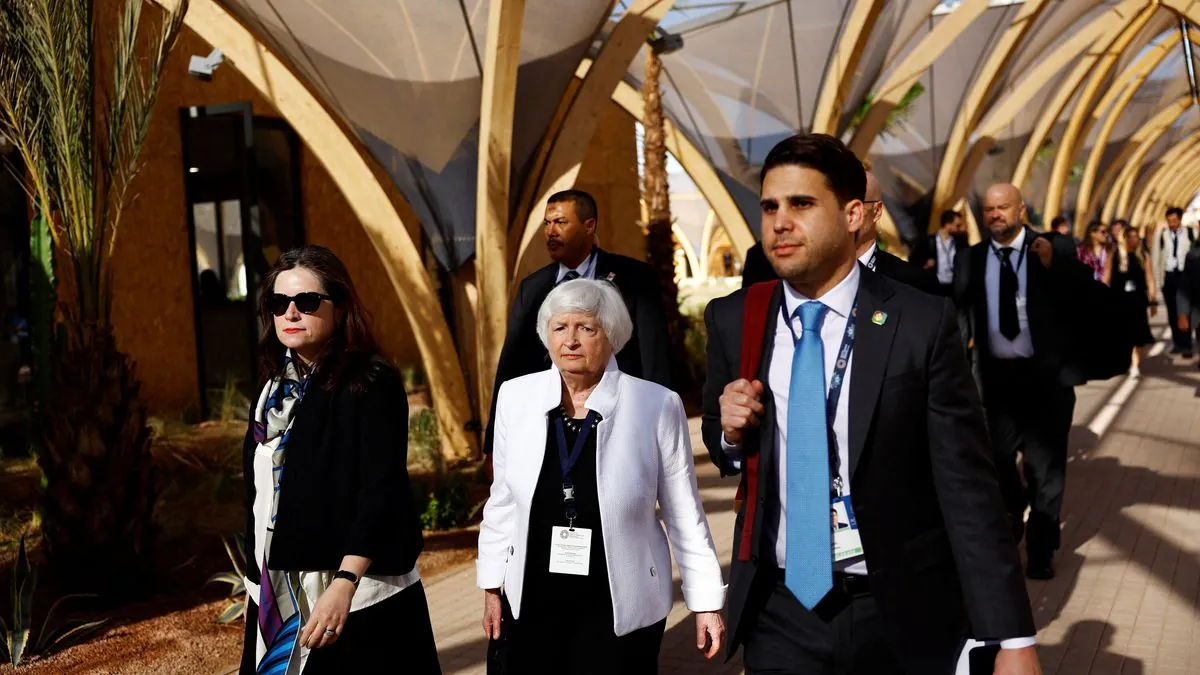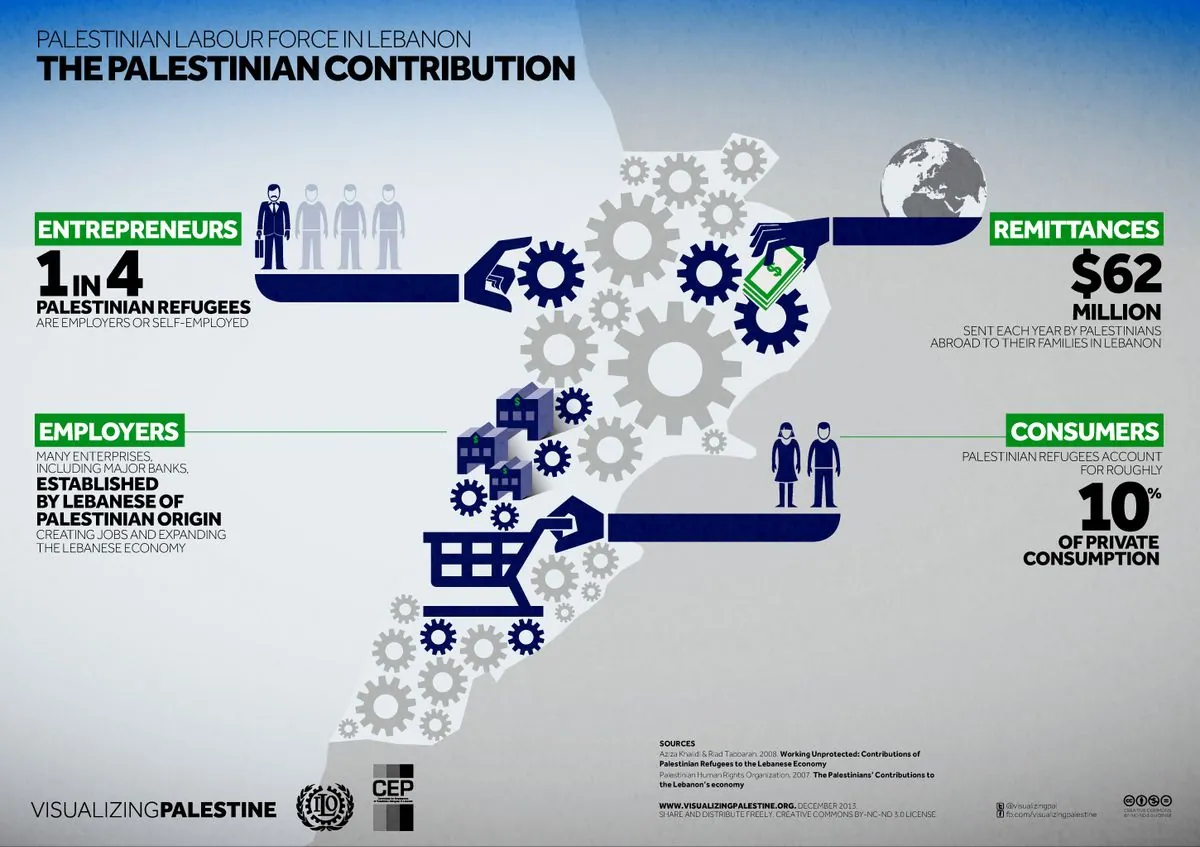US Urges Israel to Extend Palestinian Banking Ties Amid Economic Concerns
US official presses Israel to maintain banking relationships with Palestinian institutions for a year, citing potential economic crisis. World Bank warns of nearing "economic freefall" in Palestinian territories.

In a recent diplomatic effort, Wally Adeyemo, the U.S. Deputy Treasury Secretary, has called on Israel to prolong its banking associations with Palestinian financial institutions for at least 12 months. This request comes amid growing apprehensions about a potential economic downturn in the West Bank, a landlocked territory currently under Israeli control.
Adeyemo conveyed this message during a meeting with Amir Yaron, the Governor of the Bank of Israel, which has been the country's central bank since 1954. The encounter took place in New York on September 18, 2024, on the sidelines of the United Nations General Assembly, an annual gathering of world leaders.
The U.S. official emphasized the importance of extending the banking correspondence authorization, set to expire on October 31, 2024. This authorization facilitates nearly $10 billion worth of import and export transactions. The Palestinian Authority, established in 1994 as part of the Oslo Accords, heavily relies on these financial connections for its economic stability.

In a separate meeting, Adeyemo discussed the matter with King Abdullah II of Jordan, who has ruled the neighboring country since 1999. The U.S. Treasury Department, playing a crucial role in international economic diplomacy, expressed concerns about potential moves by some Israeli officials to sever these vital banking relationships.
The World Bank, an international financial institution providing loans and grants to governments, has issued a stark warning about the Palestinian territories' economic situation. According to their recent report, these areas are "nearing economic freefall." Gaza's gross domestic product reportedly declined by 86% in the first quarter of 2024 compared to the previous year, highlighting the severity of the economic challenges.
Bezalel Smotrich, Israel's Finance Minister, extended a waiver in June 2024 that permits cooperation between Israeli and Palestinian banks in the occupied West Bank. However, this extension was only for four months, deviating from the usual one-year period granted by his predecessors.
The waiver is crucial as it allows Israeli banks to process shekel payments for services and salaries linked to the Palestinian Authority without risking charges of money laundering or funding terrorism. The Israeli shekel, considered relatively stable in the region, is the primary currency used in Palestinian territories.
U.S. officials, including Treasury Secretary Janet Yellen, have consistently raised these concerns in international forums. The issue was addressed at the Group of Seven (G7) finance ministers meeting in May 2024 and mentioned in two G7 joint communiques. The G7, comprising seven of the world's advanced economies, often discusses such critical economic matters.
"The viability of the Palestinian Authority is essential to stability in the West Bank, which in turn is essential to Israel's own national security."
The ongoing Israeli-Palestinian conflict, which has persisted for over seven decades, continues to impact regional stability. Economic experts argue that financial stability is often a prerequisite for political stability, making these banking relationships crucial for peace efforts in the region.
As the October 31 deadline approaches, the international community watches closely. The potential consequences of failing to extend the waiver remain unclear, with some speculating about possible sanctions similar to those imposed on Israeli settlers for violence against Palestinians in the West Bank.
This situation underscores the complex interplay between economic policies and geopolitical stability in one of the world's most contentious regions. As the United States continues its long-standing involvement in Middle East peace efforts, the resolution of this banking issue may prove pivotal in shaping the economic landscape of the Palestinian territories and, by extension, the broader prospects for regional peace and security.


































